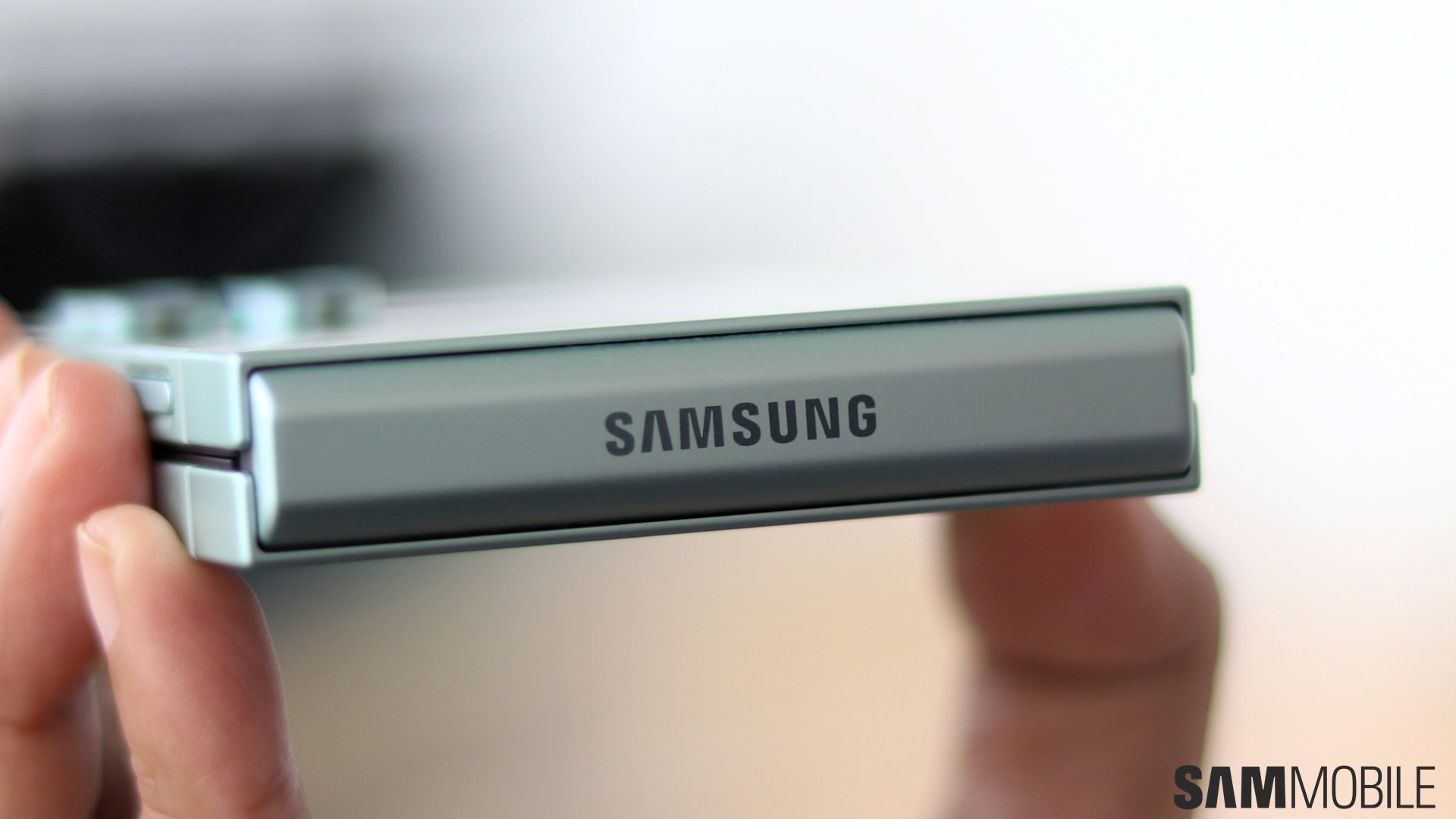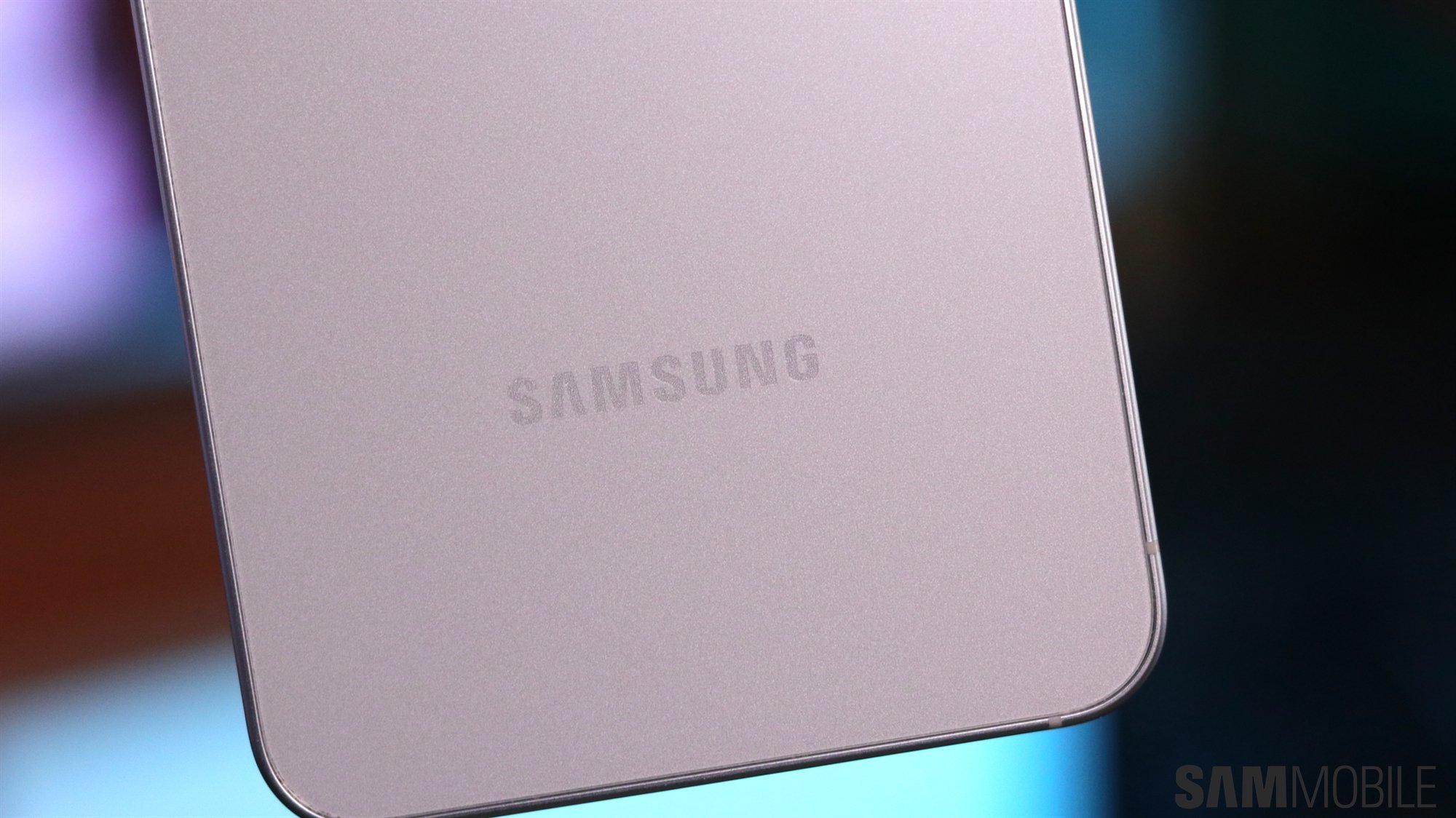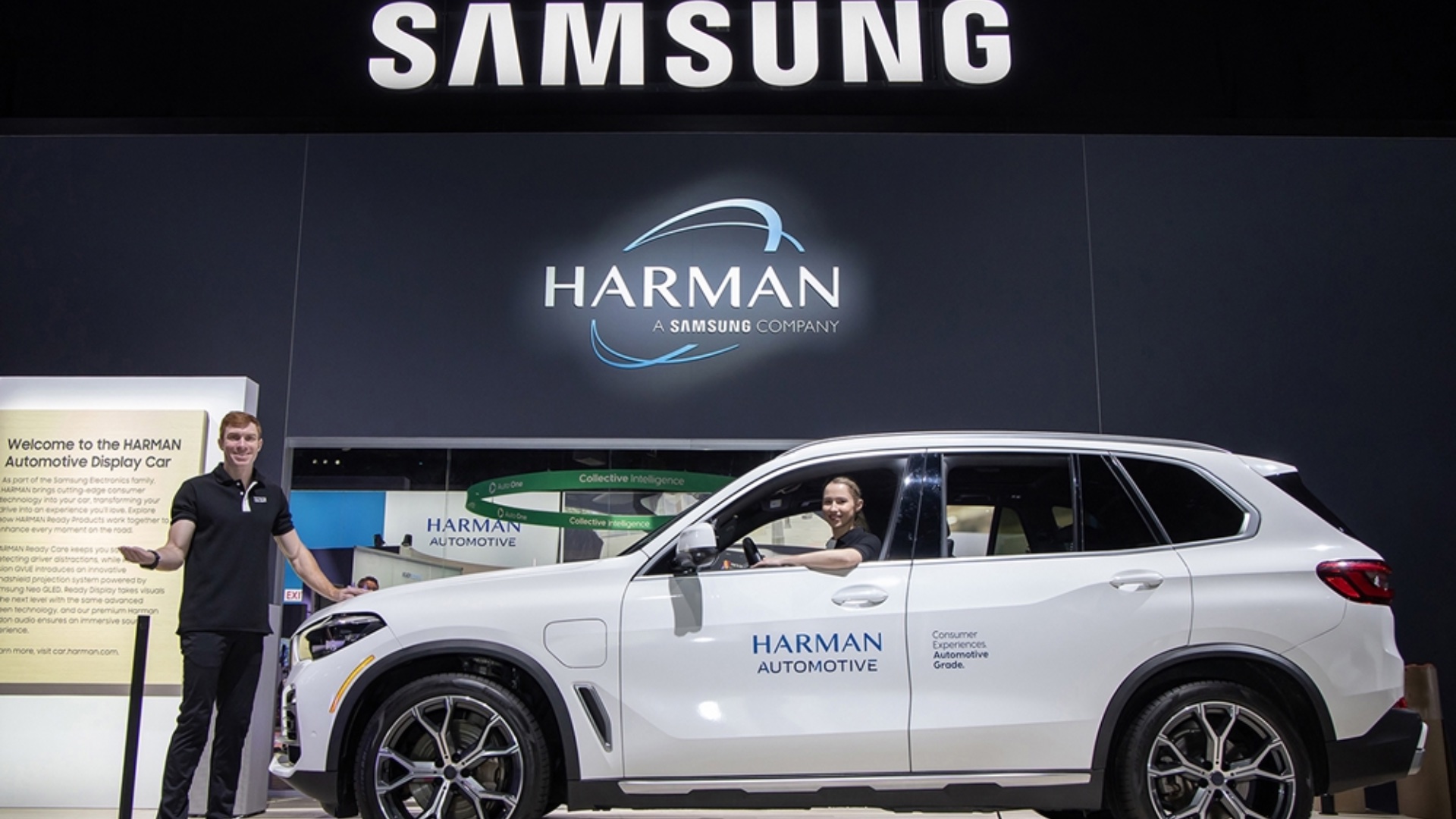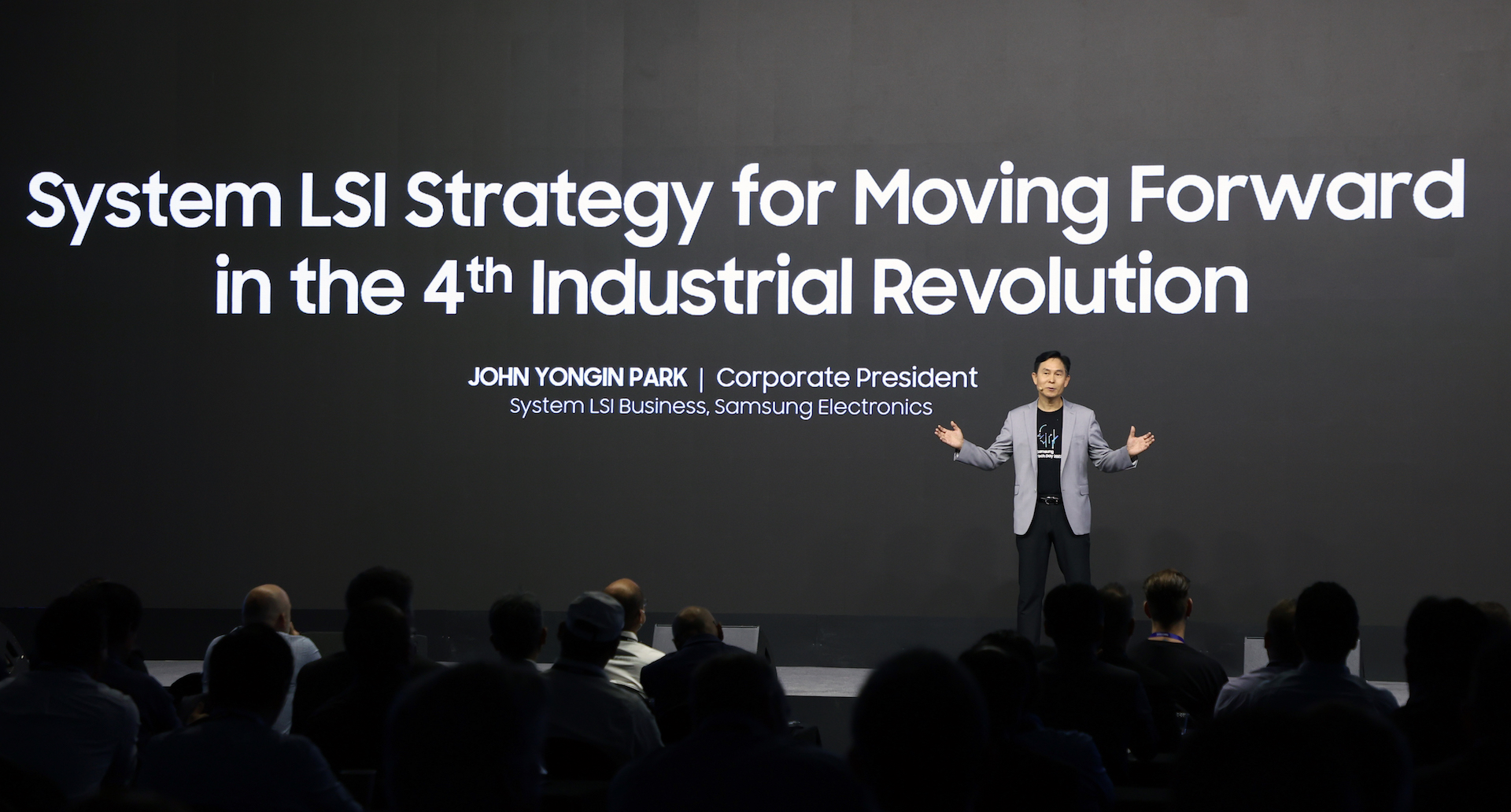
The South Korean firm, the world's second-biggest semiconductor company, announced that it wants to become a one-stop solution provider to its clients. Samsung's semiconductor design and development arm, System LSI, wants to maximize the synergy in its vast product lineup of over 900 products. The company makes smartphone application processors (Exynos), image sensors (ISOCELL), display driver ICs (DDI), power management chips (PMIC), and security solutions. Samsung wants to integrate all these products into an easy-to-use platform for customers.
Samsung's System LSI arm wants to develop chips with human-like performance and senses
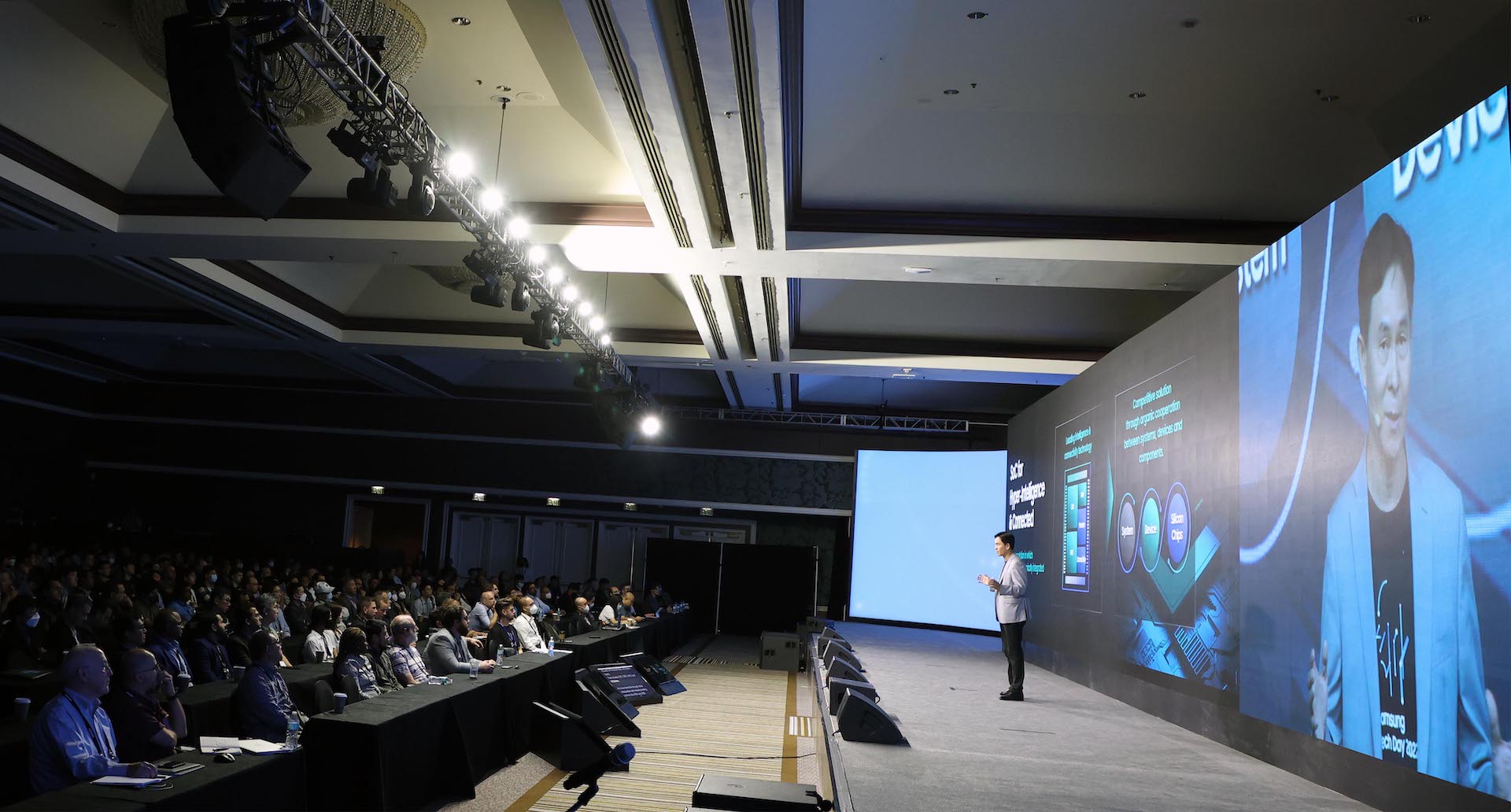
System LSI's keynote theme was Fourth Industrial Revolution which, according to the company, would be possible with Hyper-Intelligence, Hyper-Connectivity, and Hyper-Data. The company wants to take the performance of its chips to a level at which they can carry out tasks just as well as humans. With that in mind, System LSI said it is improving the performance of CPUs, GPUs, and NPUs with the help of its partner tech firms.
The company said that it would continue its work on ultra-high-resolution camera sensors. System LSI will bring up to 600MP camera sensors that can achieve the fidelity of a human eye. The South Korean firm also has plans to release sensors that can play the role of all five human senses (hearing, sight, smell, taste, and touch).
Samsung unveils 5G Exynos Modem 5300, Exynos Auto V920, and QD OLED DDI chips during Tech Day 2022

During the event, Samsung's System LSI business unveiled three new chips: 5G Exynos Modem 5300, Exynos Auto V920, and QD OLED DDI. The Exynos Modem 5300 5G chip is reportedly used inside Google's Tensor G2 chipset that powers the Pixel 7 and the Pixel 7 Pro. More details regarding these chips are expected to be available in the next few days.
The company also showcased its existing flagship chips—Exynos 2200, ISOCELL HP3, and Security IC—at its event booth.
Samsung's Memory division showcases new DRAM and V-NAND memory chips
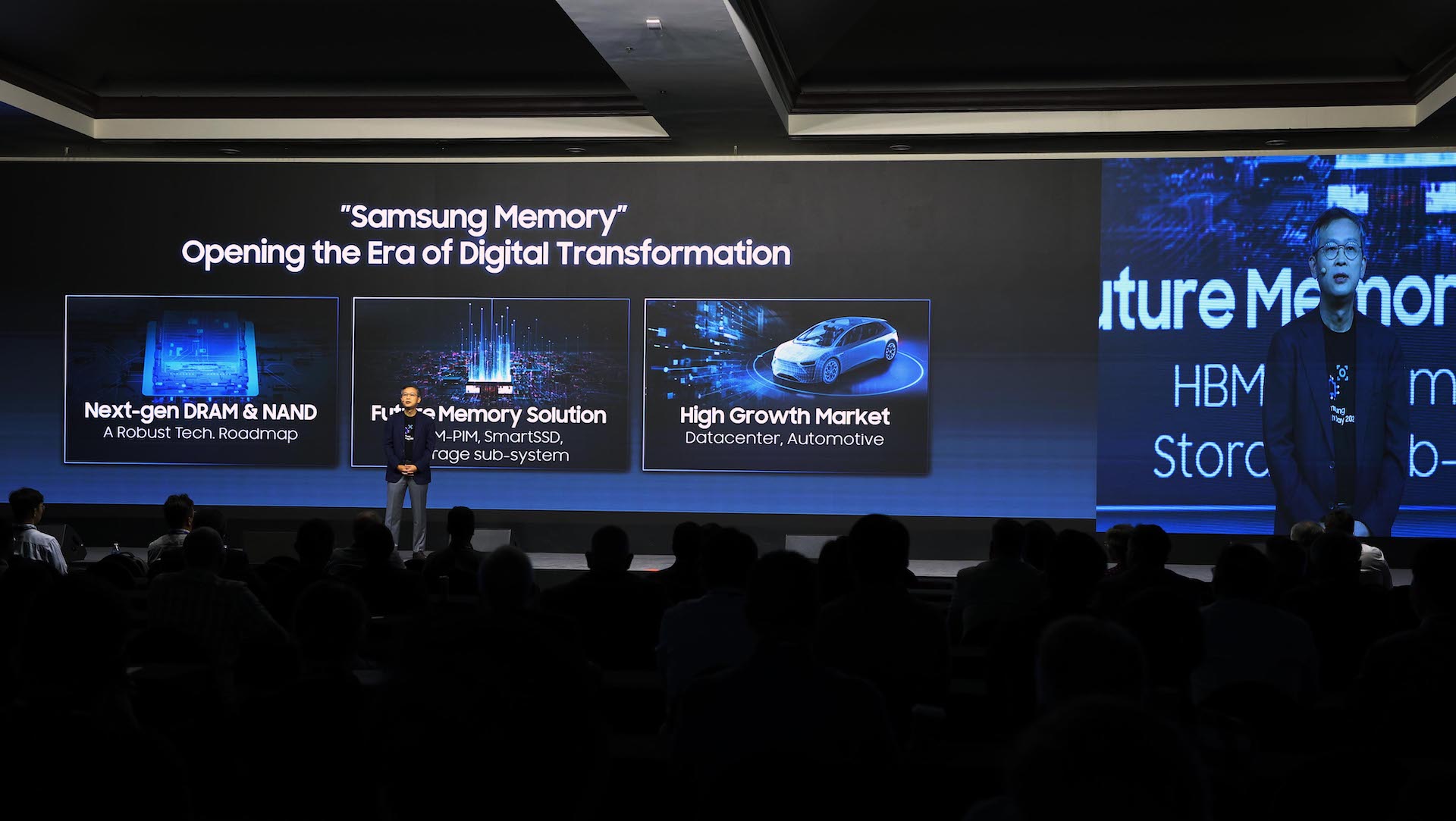
The company's memory division, which is the world leader in its segment, showcased its fifth-generation 10nm-class (1b) DRAM. The mass production of its 1b DRAM chips will begin in 2023. To overcome challenges in moving beyond the 10nm range in DRAM chips, it developed various technologies to improve semiconductor patterning, materials, and architecture with its High-K material.
Samsung announced 32Gb DDR5 DRAM, 8.5Gbps LPDDR5X DRAM, and 36Gbps GDDR7 DRAM chips for cloud server, smartphone, gaming, and automotive segments. Beyond conventional DRAM chips, Samsung also developed tailored memory solutions like AXDIM, CXL, and HBM-PIM.
It also unveiled its eight-generation and ninth-generation V-NAND chips. The South Korean firm also revealed that it has developed more than one trillion gigabytes of memory since it started making DRAM chips 40 years ago. Samsung's latest 512Gb eighth-generation V-NAND chips have the industry's highest bit density in the segment. It will launch 1Tb TLC V-NAND chips for customers by the end of the year.
Samsung is currently testing its ninth-generation V-NAND chips that will go into mass production in 2024. By 2030, the company has plans to make V-NAND chips with up to 1,000 layers and make quad-level cells to improve data density.
Samsung also discussed improvements in automotive memory solutions used in in-vehicle infotainment systems, autonomous driving, and ADAS (Advanced Driver Assisted Systems). It aims to become the world's biggest automotive memory chip brand by 2025.
Samsung is partnering with Google and Red Hat to open Samsung Memory Research Center
Samsung also stressed the importance of partnerships and commitment to customers. The company announced its plans to open SMRC (Samsung Memory Research Center), where its clients and partners can test and verify memory and software solutions. It will open its first SMRC in South Korea in Q4 2022. In the future, Samsung plans to launch SMRC hubs in the US in collaboration with Google Cloud and Red Hat.
Yesterday, the company announced that it plans to fabricate second-generation 3nm GAA chips by 2024, 2nm chips by 2025, and 1.4nm semiconductor chips by 2027. With its comprehensive approach, the company hopes to bring back some of the world's major chip firms (Apple, AMD, Nvidia, and Qualcomm) to its client list.














